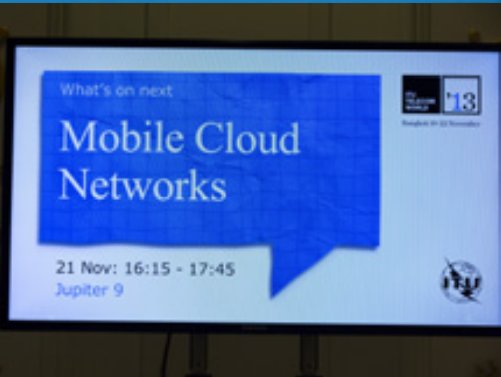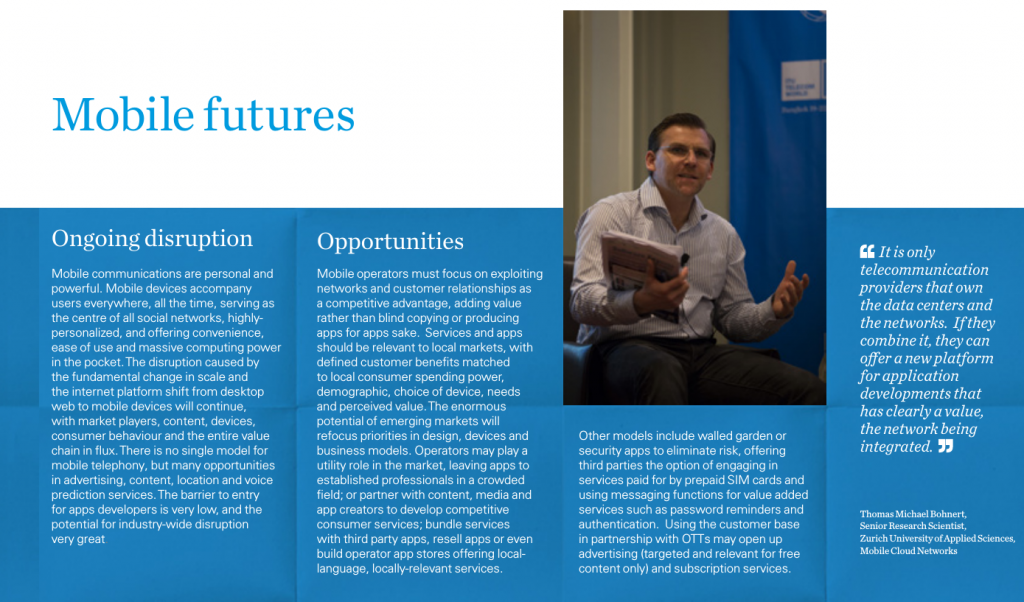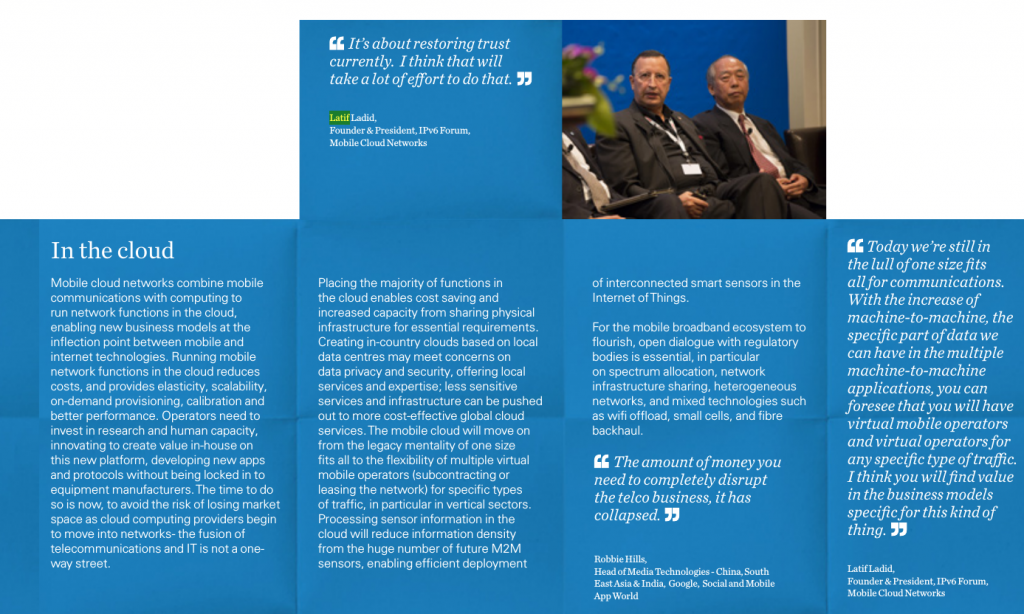Will deliver a Keynote at the prestigious ICIN Conference, this year in Paris.
ICIN 2017 in Paris – Register now on http://www.icin-conference.org/registration.html
Since 1989 the ICIN conferences have been bringing together leading internet and telecom experts from industry, universities and government worldwide. ICIN operates on a rigorous peer review process and has an enviable track record of identifying key technology and service trends – and analyzing their impact on business models – before they become widely recognized. ICIN conferences cover both technology and business issues. ICIN is well-known for thought-provoking presentations of the highest quality on emerging technology, architecture, and industry trends impacting intelligent communications services. the Conference will have these technical tracks:
- Network and Service IT-zation – Chair Akihiro Nakao (University of Tokyo, Japan)
- Internet of Things – Chair Luigi Atzori (University of Cagliari, Italy)
- Actionable Big Data and Artificial Intelligence – Chair Corrado Moiso (TIM, Italy)
- Control Orchestration and Management and Policy – Chair Diego Lopez (TID, Spain)
- Demo and Poster sessions
ICIN 2017 Keynote speakers are all well-known and recognized leaders of our domain:
- Marie-Paule Odini (HPE, France) – NFV evolution towards 5G
- Stephen TERRILL (Ericsson, Spain) – Multi-Domain Orchestration and Automation
- Marina Thottan (Nokia, USA) – Programmable Network Operating System : Creating the Network Brain;
- Chih-Lin I (China-Mobile, China) – The Perfect Storm: IT+CT+DT
- Thomas Michael Bohnert (ZHAW, Switzerland) – Cloud Robotics
The entire Conference Program is available here http://www.icin-conference.org/program.html





